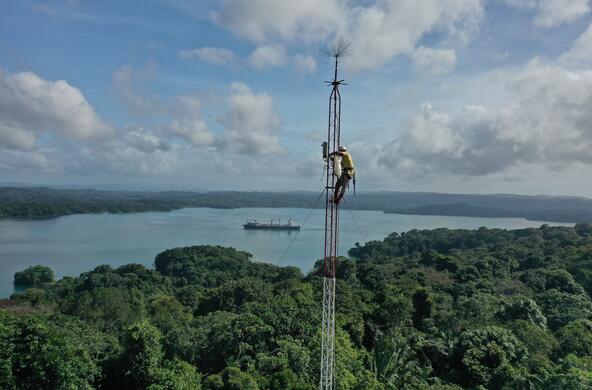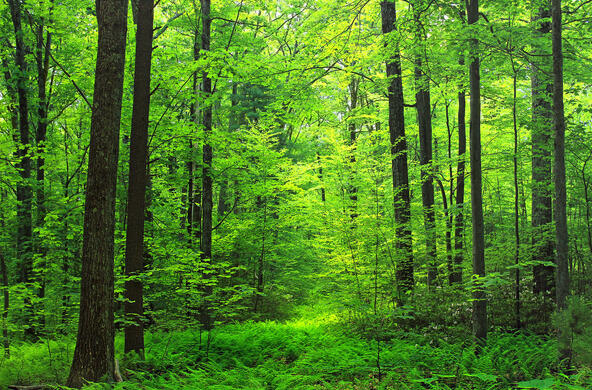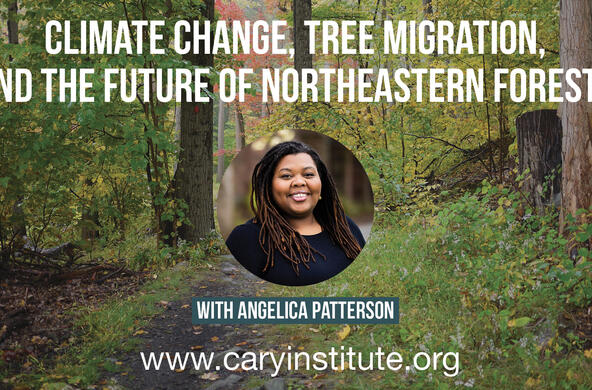Wildfires are increasing in frequency, size, and severity. In 2020 and 2021, the western US broke records for forest area burned. This summer, Canada is having its own record-shattering fire season, with 41 million acres going up in smoke and endangering air quality across the US. With climate change, extraordinary events like these will likely become the new normal. We are entering uncharted fire territory.
On September 20, join Cary Institute President Joshua Ginsberg and forest ecologist Winslow Hansen for a discussion about what’s causing wildfires to be worse than ever, and how predictive science can help. The event will be held in person at WNYC’s Greene Space as part of Climate Week NYC. A livestream will also be available.

During the conversation, Hansen will explain the factors that are adding fuel to the fire problem, including warmer temperatures, drought, and, in some regions, a legacy of fire suppression resulting in denser fuels — a recipe for uncontrollable burning. Once ignited, these fires threaten people, structures, and future forests. Burns can be so catastrophic that trees fail to regenerate, causing forests to permanently shift to shrublands and grasslands.
Hansen uses field experiments, remote sensing, and computer simulations to study how forests are responding to climate change. His research has helped to project future increases in forest fires, reveal the impacts of fire on water supply, and highlight the challenges that forests face in recovering from more severe fires.
In the event, Hansen will announce an exciting new initiative that will use ecology and predictive science to address the fire crisis. The Western Fire & Forest Resilience Collaborative will bring together leading scientists, forest managers, and policymakers to advance the predictive science of fire ecology and forest resilience and ensure that environmental stewards have the best available science from which to make decisions. The collaborative’s work will empower more effective fire management and community adaptation strategies from the local to national scale.
“Managers and policy makers are being asked to balance the competing demands of human safety, fuels management, air quality, biodiversity conservation, and carbon sequestration in the face of tremendous scientific uncertainty about where, when, how, and why ecosystems and fire regimes will change over the next few decades,” explains Hansen, who will direct the new collaborative. “Giving practitioners access to rigorous insights from the best data and most robust models will ensure that we invest in strategies that maximize our potential to shift the balance of western fire from devastating to sustainable.”
The collaborative and event are partially funded by the Gordon and Betty Moore Foundation.
Learn more on September 20. Register now.
Climate Week NYC is the largest annual climate event of its kind, bringing together international leaders from business, government and civil society to showcase global climate action.






